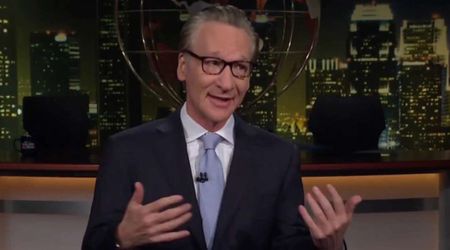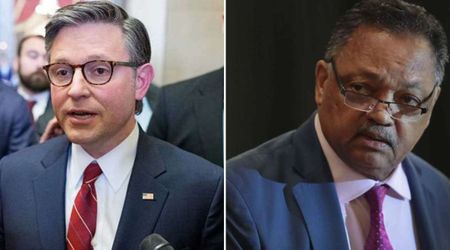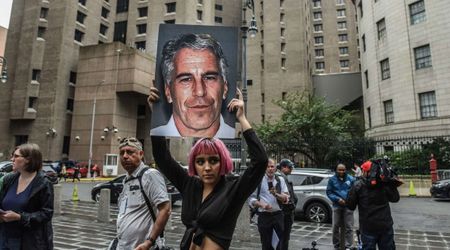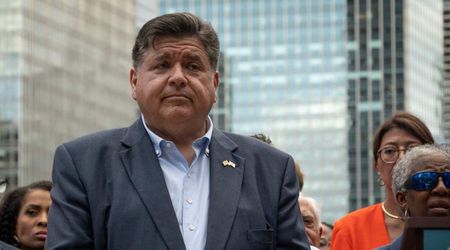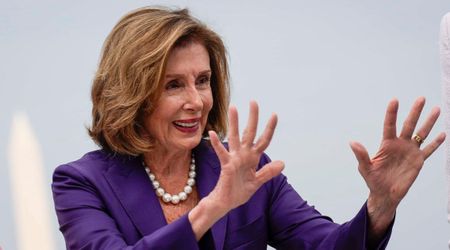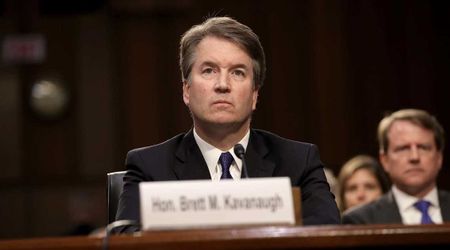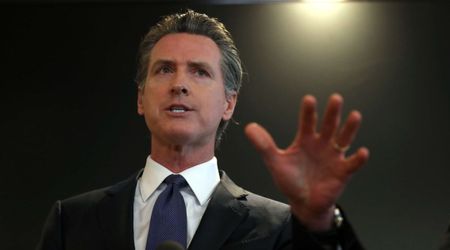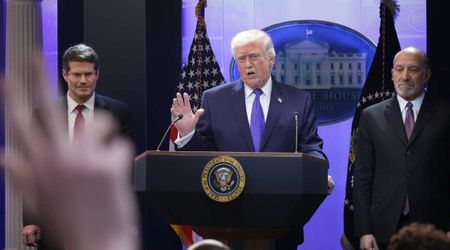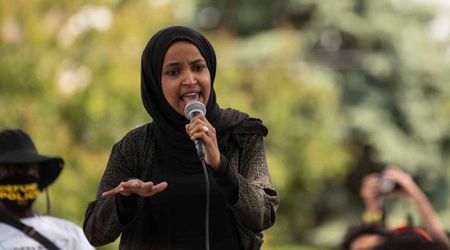Replacing Biden? Potential candidates and key facts to know if POTUS drops out of 2024 race

Who could replace Joe Biden and key facts to know if he exits White House race

WASHINGTON, DC: Joe Biden's lackluster performance in the debate has cast a shadow of doubt among Democrats regarding his suitability as the party's presidential candidate. Despite being the presumptive nominee with near-unanimous support from primary voters, the process to replace him would be fraught with complexity. With nearly all of the party's delegates already committed to him, forcing him to step down would necessitate a significant shift in support from his base. The Democratic Party has established a June 22 deadline for states to choose over 3,900 delegates, almost all of whom are pledged to Biden. These delegates, endorsed by his campaign, would play a pivotal role in the selection of a new nominee should Biden decide to withdraw from the race. Here are some key questions surrounding the Democrats' predicament.
Who could replace Joe Biden?

Should Biden decide to drop out, Vice President Kamala Harris is likely to be among the top contenders for the position. However, the field could expand to include other potential candidates, such as California Governor Gavin Newsom. Despite endorsing Biden, Newsom could pose a challenge to Harris at the convention. The selection of a successor is poised to become a contentious and divisive process, necessitating extensive lobbying and several rounds of voting. In the end, it will be up to the delegates to determine the nominee. Additionally, there are approximately 700 superdelegates, high-ranking party leaders and elected officials who are automatically appointed as delegates. These individuals are ineligible to vote on the first ballot, which would decide the nominee, but they are free to cast their votes on subsequent ballots.
What happens if a candidate exits the race after the convention?

A candidate dropping out of the race after the convention would require a drastic event. The most likely end result is that the opposing candidate will run in the general election, although this is not guaranteed. Each party employs distinct strategies to handle such situations. For Democrats, the Democratic National Committee (DNC) has the authority to appoint a replacement for a vacant position on the national ticket following consultations with Democratic governors and members of Congress. Republicans, on the other hand, have the option to either call back the national convention or choose a new candidate. In either scenario, the process is likely to be highly contentious and could adversely affect the party's prospects in the general election.
Does the running mate become the nominee by default?

A memo from the Congressional Research Service (CRS) explains that the 25th Amendment would make the vice president the presidential candidate if an incumbent President becomes incapacitated after being nominated by the party. However, the new nominee would be determined by party rules. Neither party stipulates that the vice president automatically becomes the nominee, although this would be the most likely outcome. Such a scenario underscores the importance of clear party rules and protocols for dealing with such unprecedented situations.
Has a candidate ever stepped out of the race after the convention?

In modern times, the most notable case was in 1972, when Democratic vice -residential candidate Senator Thomas Eagleton was forced to step aside after it was revealed that he had received treatment for mental illness. This incident prompted the DNC to call a meeting to confirm Sargent Shriver as the replacement candidate for Democratic nominee George McGovern. While this situation is rare, it shows that unforeseen events can disrupt the election process even after a candidate has been officially nominated.
What happens when a president-elect dies after the election?

If a president-elect were to die, the timing would be crucial. The Constitution specifies that the electoral college, which meets in state capitols, casts the votes for the presidency. While some states mandate that the electors vote for the winner of each state's election, others allow for discretion. The CRS memo, referring to several congressional hearings, suggests that the vice president-elect would likely assume the role of president-elect. However, the legal framework is ambiguous. The 20th Amendment states that in the event of the President-elect's death, the Vice President-elect becomes President. Still, the question remains as to when exactly a person is elected president — after the Electoral College meets in December or after the Electoral College votes are counted by Congress on January 6. According to CNN, this ambiguity could lead to significant legal and constitutional challenges.

